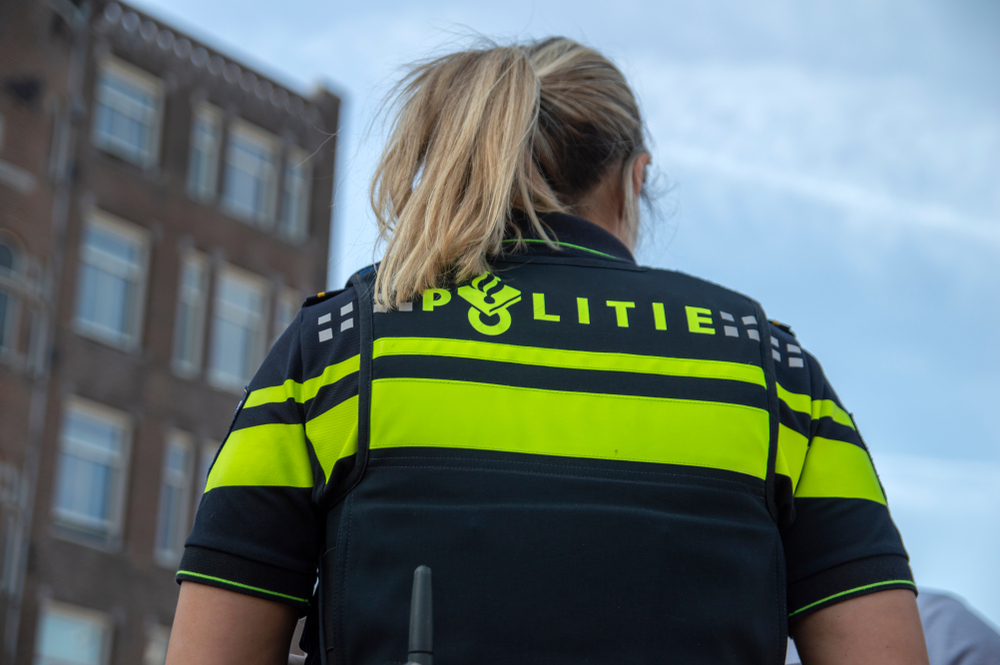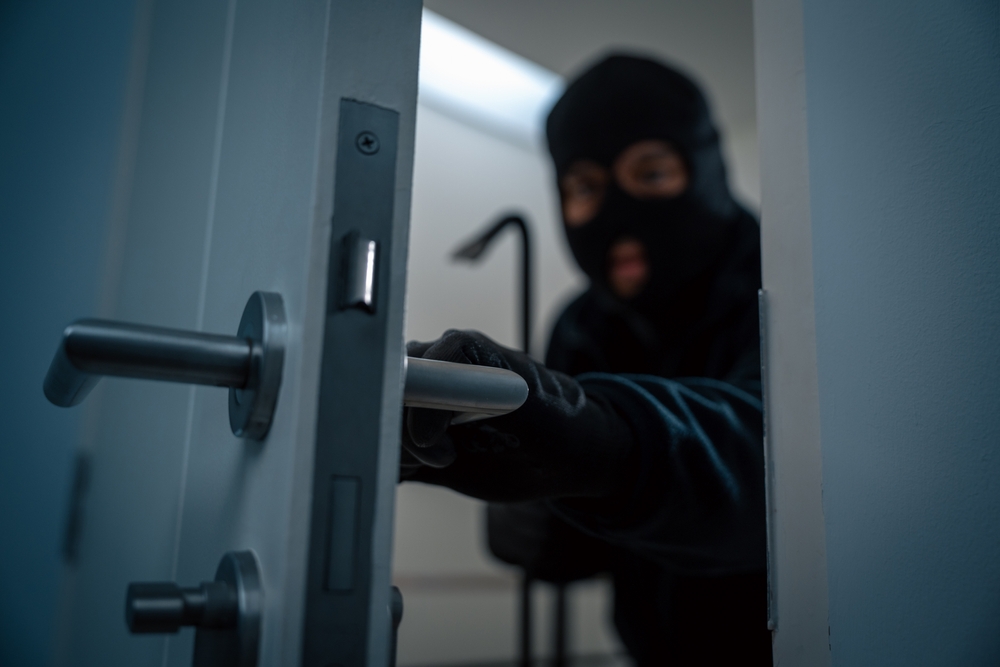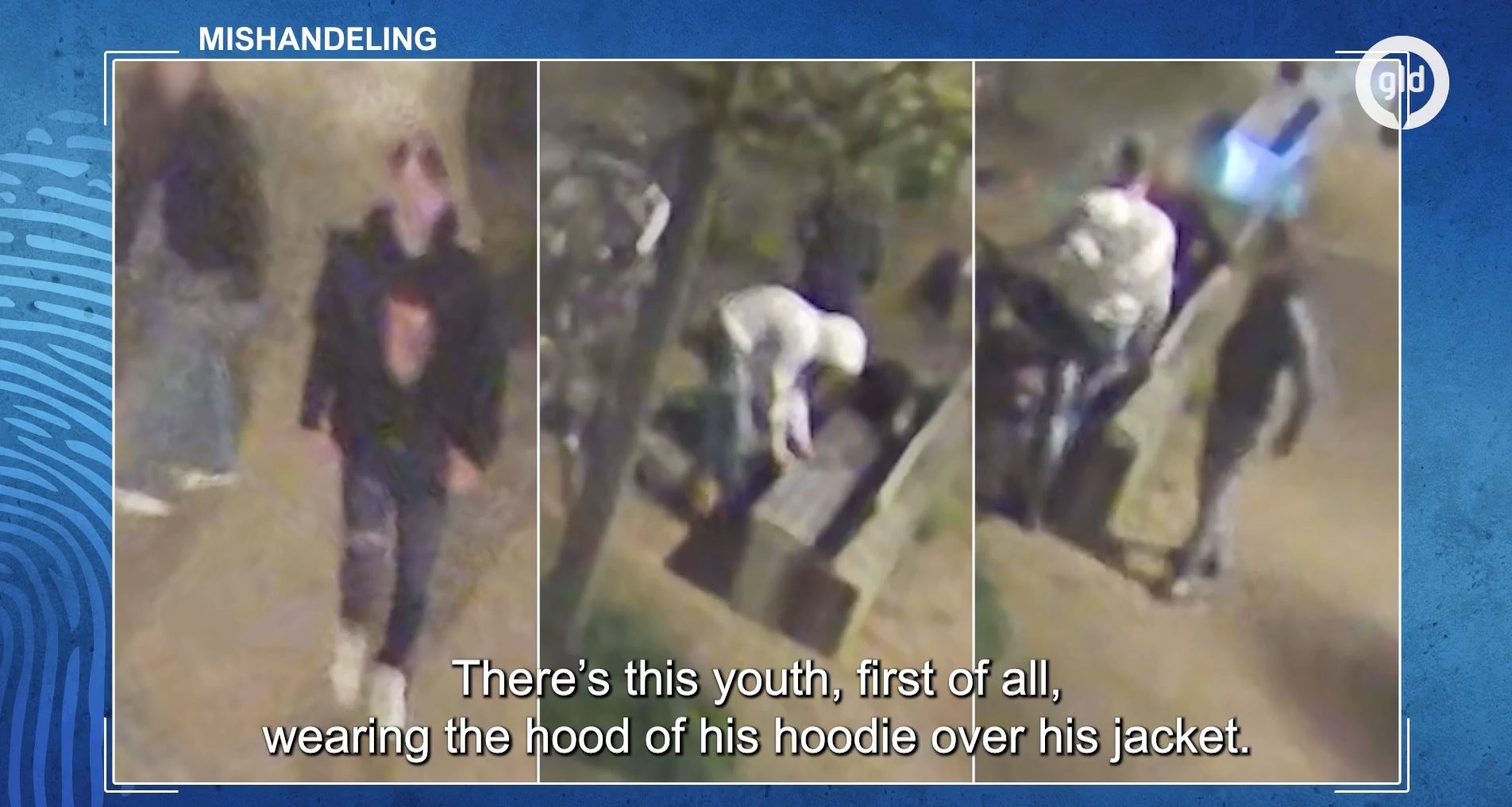When should you phone 112, how should you deal with dangerous situations, and what counts as self-defence? These are a few of the questions that came up at a meeting with the police about physical safety on campus.
The meeting was prompted by several recent incidents in Wageningen and on or near the campus, including the violent incident at the beginning of April, when a group of youths beat up and threw stones at a Chinese student outside the Forum. More than 40 students and staff members came to the session on safety in Omnia on Monday evening, 17 June. As well as five uniformed police officers, there were representatives of the university and the municipal council present to answer questions.
After the violent crime on campus, a group of international students and PhD researchers sounded the alarm in a letter to the municipality and the university. They stated that this was not the only time that international students have faced intimidation and violence. Discussions then took place between this group and WUR representatives including rector Carolien Kroeze. One thing that became clear was that people had a lot of questions about the Dutch police. When should you call them, for instance? And what should you do if you are threatened or attacked?
Specific cases
Although the police made clear at the start of the session that they could not discuss specific cases such as the violent crime of 5 April, there were a few questions about it. Such as: how proactive are the police investigations? ‘There is only one secondary school in Wageningen. Did the police go there with the pictures to look for suspects? For reasons of privacy, it is not easy to do that. But the police officer can say that there is now ‘the prospect of a possible suspect’. But nothing more can be revealed about that without putting the ongoing investigation at risk.
Personal safety first
‘If you see a crime being committed or find yourself in a dangerous situation, always put your own safety first,’ says the officer. ‘Once you are safe, call the police – 112 for emergencies – and tell them briefly what is going on and where. If you can film the perpetrator without danger to yourself, do so. And perhaps you can follow the perpetrator at a safe distance while you keep the police station abreast of what’s happening.’
If you don’t feel safe, we say: always phone
Another question follows about self-defence: what is permissible and what is not? The defence should always be proportional to the attack, says an officer. ‘So if someone gives you a shove, it’s not acceptable for you to beat him up. That’s too extreme.’
Reporting silently
Is it possible to report a crime silently, without making a phone call, so the perpetrators don’t realize you’ve contacted the police? ‘Yes, that’s possible with the app 112NL.’ And can you phone the police if you are harassed by youths shouting racist abuse at you from a car, or shooting with a water pistol? ‘Certainly, especially if it happens more than once, it’s a good idea to report it. And if you don’t feel safe, we say: if in doubt, always phone.’ You can also call on a neighbourhood police officer for help.
Helpful
‘The main message is clear,’ says one international PhD candidate after the session. ‘If something happens, always report it to the police.’ She certainly found that message helpful. ‘I used to think that you couldn’t go to the police for minor issues, because they might not be able to do anything about it. But if the police see that there are frequent reports of, say, youths shouting racist abuse, they can give that more priority.’ An international student chips in: ‘And it’s good to know when you should call 112 (the emergency number, ed.) and when you should call 0900-8844 (information, advice and non-urgent reports, ed.). And also that you can still report an incident after it is over.’

 Photo Shutterstock
Photo Shutterstock 
